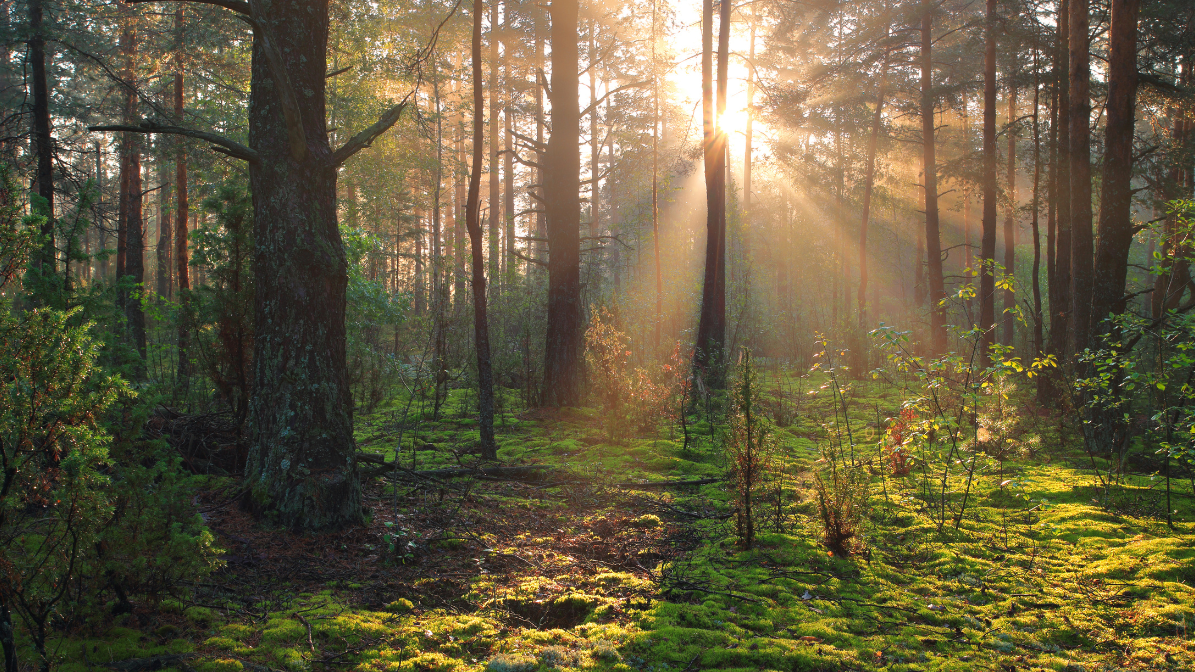As smoke clouds came rolling in from Eastern Canada over New York City and surrounding areas this week, we were once again painfully reminded of how vulnerable our environment is. Air quality plunged to the worst for any major city in the entire world.
Canadian forest fires this year are on pace to be the worst in recorded history. An unusually dry winter without much snow has turned the Canadian forests from coast to coast into tinderboxes. Already in May, these fires have emitted 55ml tonnes of emissions. This is not an exception. Every year Canada and California are struggling with forest fires in the summer. Forest fires in North America release about 1.76 billion tons of CO2 per year into the atmosphere. To compare, all the 278 million cars in the US combined release about half those CO2 emissions per year. In other words, it takes Americans two years of driving to produce the same amount of greenhouse gas emissions as one year of forest fires.
Besides the massive amount of pollution that these forest fires emit, the destruction of hundreds of miles of pristine forest, some of the most unique in the world, is an absolute tragedy. A couple of years back we did a bike tour through one of the burned-down forests in British Columbia. We biked over an old railway track turned-into-trail and we were surrounded by a vast dystopian wasteland of burned down trees, grey and desolate. The one ray of hope was that you could already see some young trees growing through the ash heaps of the old forest, a sign of how resilient nature really is.
At Esas we strive every day to do our best to help the environment. Here are some of the steps we take to reduce waste and pollution. 95% of our ingredients are sourced domestically and mostly locally from organic farms. We even extract several of our ingredients in house, reducing product miles as much as possible. As such, we minimize the impact on the environment from transport and support the local farmers. Our product ingredients are carefully selected to avoid rain forest destroying products like soy and palm oil and of course, we stay far away from petroleum-based products. We only use recyclable packaging and are nearly free of all plastics. Our bottles and candle jars are always made from glass and our caps are from aluminum.
Today is world oceans day. At least 14 million tons of plastic end up in the ocean every year. That's the equivalent of a garbage truck emptying plastic into the ocean every 30 seconds. It takes 450 years for a plastic bottle to decompose. We feel that every bottle of Hamam, Kolonya and fragrance we sell prevents another bottle from getting thrown into the ocean.
